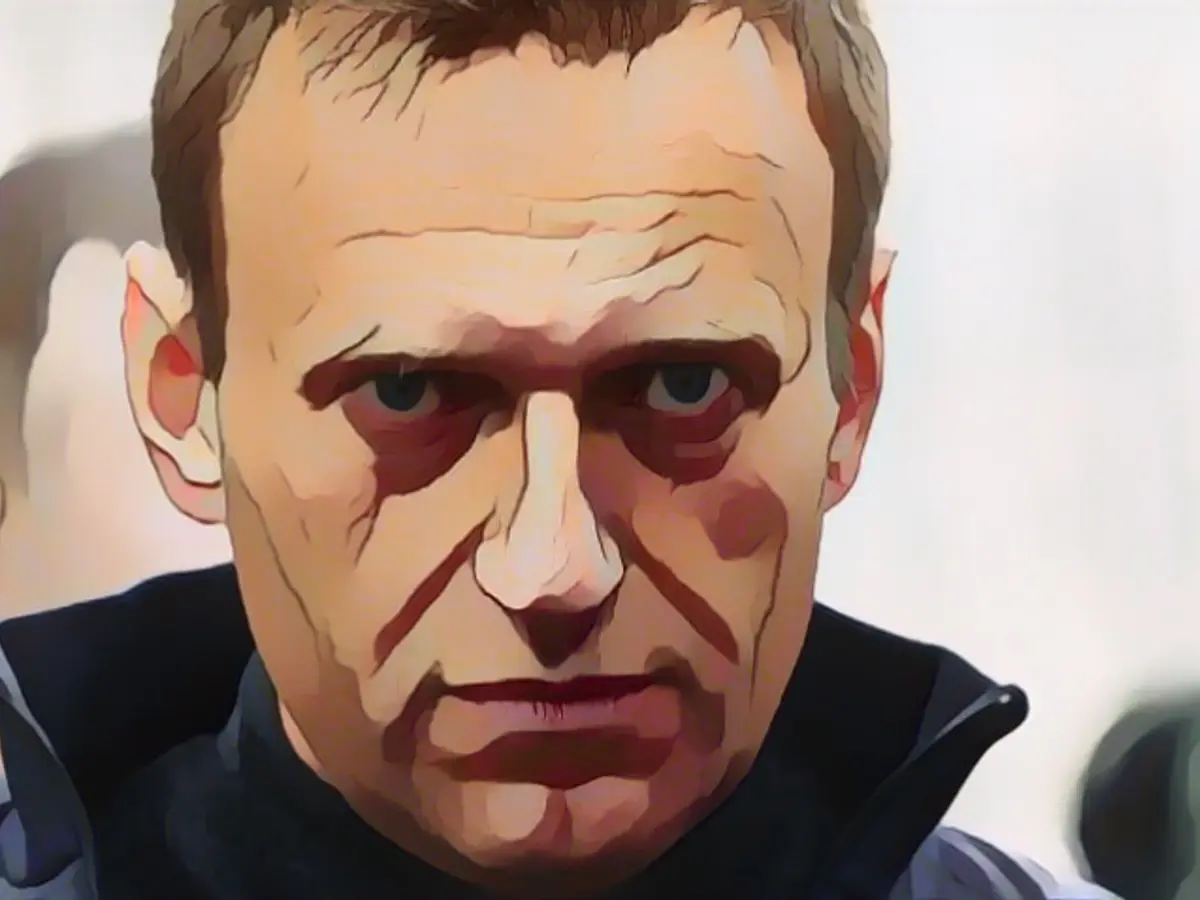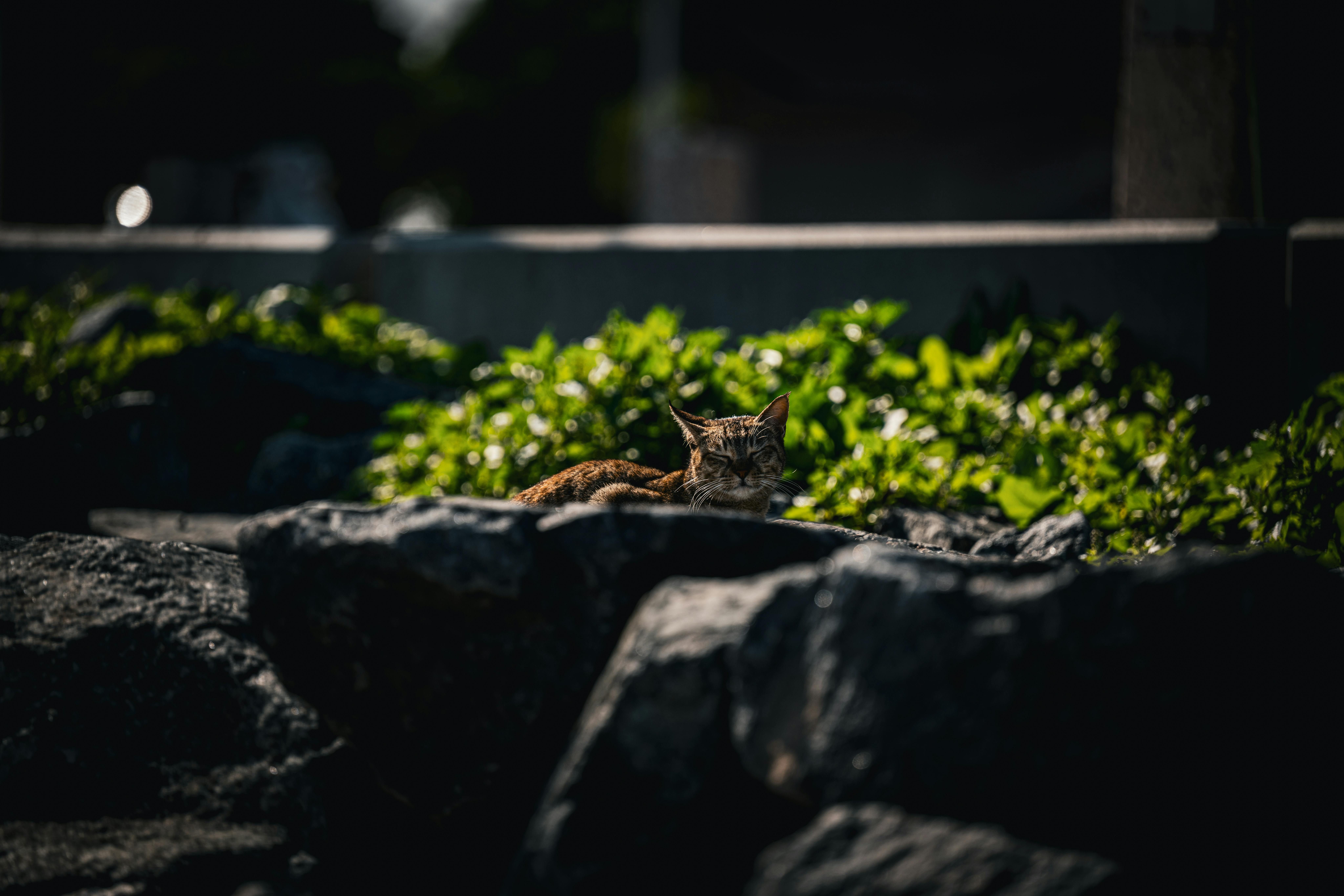Alexei Navalny's Team Expresses Concern Over Lost Contact
Kira Yarmysh voiced concerns on Monday in various social media posts, stating that her team had lost contact with Navalny, who is reportedly being held in the IK-6 penal colony.
Navalny was sentenced to 19 years in prison in August for extremism-related charges. Despite prison officials' claims that he had left the prison, no confirmation of his whereabouts was provided on Tuesday.
Ivan Shdanov, director of Navalny's Anti-Corruption Foundation, announced on X that Navalny's trial had been postponed yet again on Tuesday. Shdanov stated that, when the judge asked about Navalny's whereabouts, he was transferred to prison administration.
In August, Navalny was convicted of various charges, including forming extremist groups, financing extremist activities, and multiple other offenses. Having already served over 1.5 years in a maximum-security facility for embezzlement and other charges that he vehemently denies, Navalny is currently serving a total sentence of 20.5 years.
Navalny's supporters claim that his arrest and imprisonment are politically motivated, aiming to silence his criticism of Russian President Vladimir Putin.
Yarmysh mentioned on Monday that attorneys had repeatedly attempted to gain access to the colonies where Navalny is allegedly being held, only to be informed that he was not at the IK-6 or IK-7 penal colonies.
Kreml spokesperson Dmitri Peskov said on Tuesday in a call with journalists that the Kremlin opposes any US interference, following the White House's statement expressing concern over reports of Navalny's disappearance.
"We are confronted with a convicted criminal serving his time in accordance with the law, and in this case, we consider any intervention, including from the United States, unacceptable and impossible," Peskov said. He added that the Kremlin neither has the ability nor the intention to monitor prisoners' movements.
Just days before Navalny's disappearance, Putin announced that he would run for presidency again in 2024, potentially extending his rule through 2030.
Navalny Pose Threats to Putin's Legitimacy
Navalny poses one of the main threats to Putin's legitimacy during his over two decades in power. Not only did he organize street protests against the government, but he also used his blog and social media outlets to uncover corruption within the Kreml and Russian businesses.
Navalny was forcibly evacuated from Russia to Germany in 2020, following a Novichok poisoning incident in the Siberian city of Omsk. He was subsequently flown to a Berlin hospital in a coma.
In an investigation jointly conducted by CNN and Bellingcat, Navalny's poisoning was linked to a Russian security services team, consisting of approximately six to ten agents who had been following him for over three years.
Despite Russia's denial of involvement in Navalny's poisoning, Putin claimed in December 2020 that if Russian security services had wanted to kill Navalny, they would have done so long ago.
Immediately after his return to Russia in January 2021, Navalny was arrested on charges of violating his parole, which he claimed were politically motivated. While in prison, he advocated against Russia's invasion of Ukraine and worked to mobilize public opposition against the war.
"We will launch a campaign against the war, and against Putin, specifically," Navalny said in a statement on his website. "This will be a long, persistent, grueling, but decisive campaign."
Hot topic around the globe
Many European leaders have voiced their concerns over Navalny's situation in Russia and called for his immediate release, citing human rights violations. The issue has also been discussed extensively in international meetings and forums, with European diplomats pushing for a fair trial and adherence to international human rights standards.
Navalny, a significant threat to Putin's legitimacy throughout his over two-decade-long rule, organized mass street protests against the government and exposed corruption within the Kreml and Russian businesses.
Forced out of Russia in 2020 after a Novichok poisoning incident, Navalny was flown to a Berlin hospital in a coma. When he subsequently returned to Russia in January 2021, he was arrested for allegedly violating his parole, charges he claimed were politically motivated.
During his time in prison, Navalny spoke out against Russia's invasion of Ukraine and worked to mobilize opposition against the conflict.
Enrichment Data:
The controversy surrounding the situation of Alexei Navalny in Russia is complex and multifaceted. Below are some key points:
- Navalny died in prison on February 16, 2024. The cause of his death is under investigation, but his wife and supporters believe he was murdered by the Kremlin.
- The Russian authorities have been criticized for their failure to conduct a credible investigation into Navalny's death.
- Since Navalny's death, Russian authorities have continued to crack down on his associates. Three lawyers who defended him on extremism charges were sentenced to jail terms ranging from 3.5 to 5.5 years. Journalists preparing materials for Navalny's social media channels are also currently facing trial for participating in an extremist group.
- Navalny's Anti-Corruption Foundation and its regional offices were designated as "extremist" organizations and banned, leading to further investigations against him and his associates on extremism charges.
- Russians who publicly display Navalny's image are being prosecuted for using an "extremist symbol."
- Over 2000 political prisoners in Russia remain at grave risk unless they are immediately released. The UN Special Rapporteur has highlighted the critical health conditions of many of these prisoners, including Alexei Gorinov, Igor Baryshnikov, and Zarema Musaeva, who are in immediate danger.
- The Kremlin's actions have been criticized for their impact on human rights defenders, journalists, and opposition activists.








